If you're a spice enthusiast or love experimenting in the kitchen, you've likely heard of Calabrian chili peppers. These vibrant Italian chilies are a staple in Mediterranean cuisine, but many home cooks overlook their unique flavor profile. Let's explore why Calabrian chilies deserve a spot in your pantry.
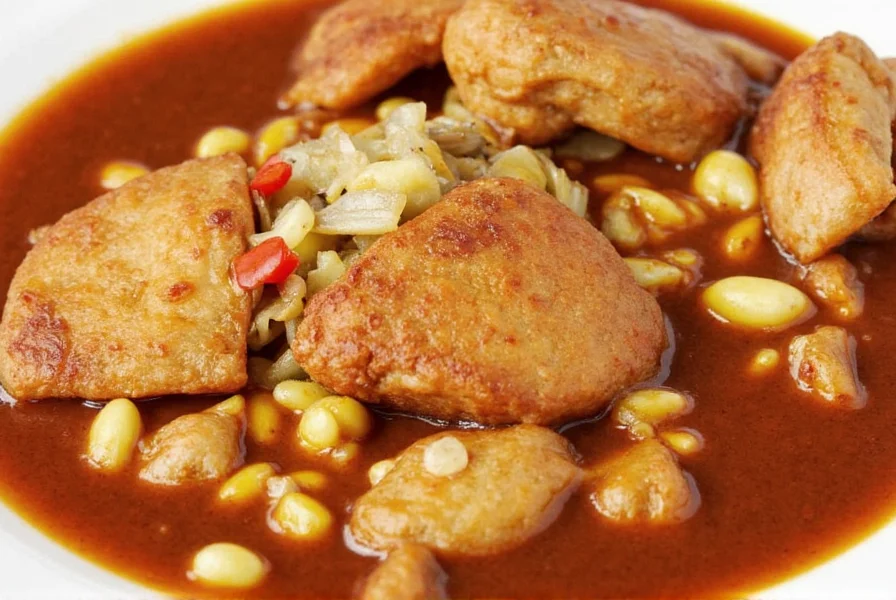
What Are Calabrian Chili Peppers?
Calabrian chili peppers (known as Peperoncino di Calabria in Italian) are a staple of Southern Italian cuisine, particularly in Calabria. These small, wrinkled red peppers thrive in the region's volcanic soil and are prized for their balanced heat and complex flavor. Unlike many hot peppers, Calabrian chilies offer a harmonious blend of spice, sweetness, and smokiness that elevates both traditional and modern dishes.
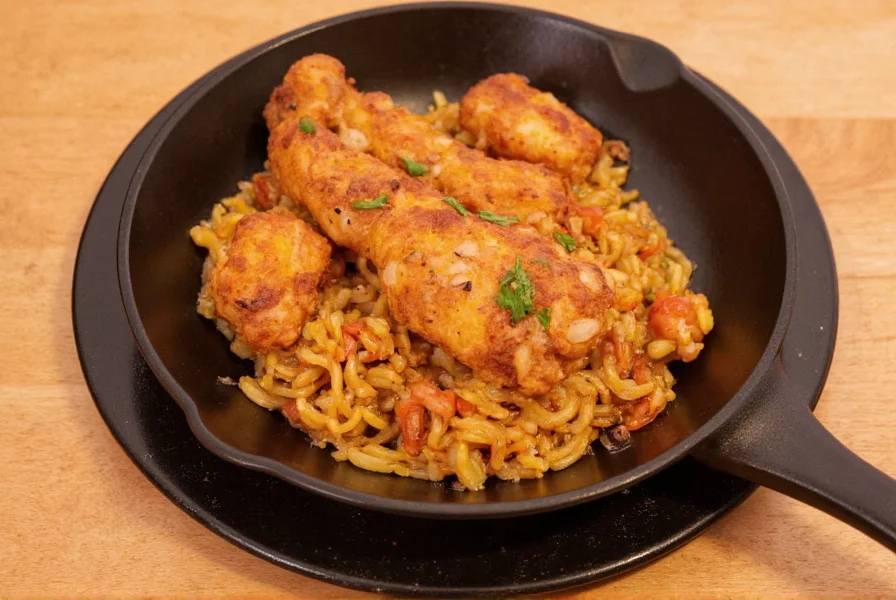
Heat Level and Flavor Profile
On the Scoville scale, Calabrian chilies range from 25,000 to 40,000 SHU (Scoville Heat Units), placing them between jalapeños and habaneros. This moderate heat delivers noticeable spice without overwhelming your palate. The flavor profile is equally distinctive: a bright, fruity sweetness with earthy undertones and a subtle smoky finish that makes them versatile for both fresh and cooked applications.
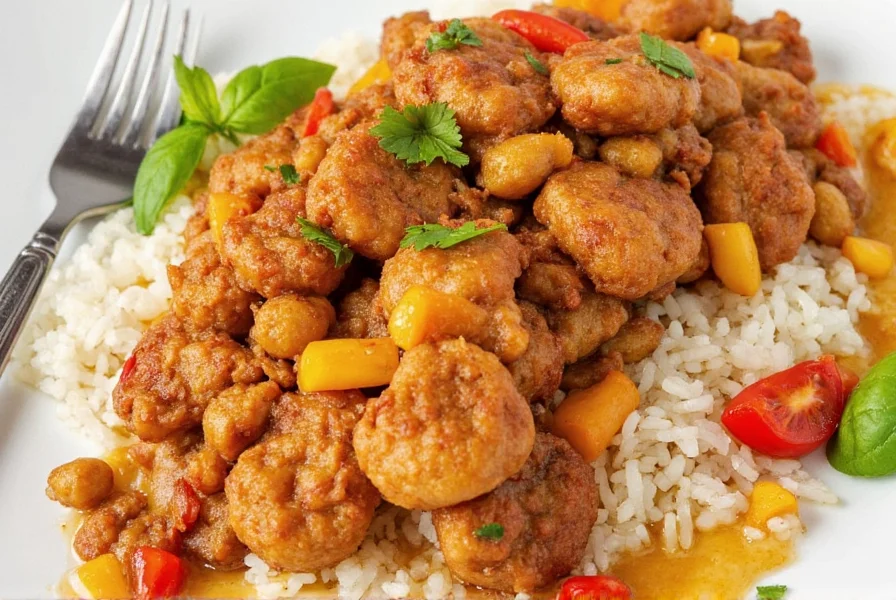
How to Use Calabrian Chilies in Cooking
These versatile peppers can transform simple dishes into culinary masterpieces:
- Homemade hot sauce: Blend fresh or dried Calabrian chilies with garlic, red wine vinegar, and olive oil for a vibrant condiment.
- Pasta perfection: Toss crushed dried peppers with olive oil, garlic, and spaghetti for an authentic spaghetti aglio e olio con peperoncino.
- Grilled meats: Create a rub with ground Calabrian peppers, rosemary, and lemon zest for chicken or pork.
- Cheese pairings: Drizzle Calabrian chili-infused oil over aged Pecorino Romano or fresh mozzarella for a simple yet sophisticated appetizer.
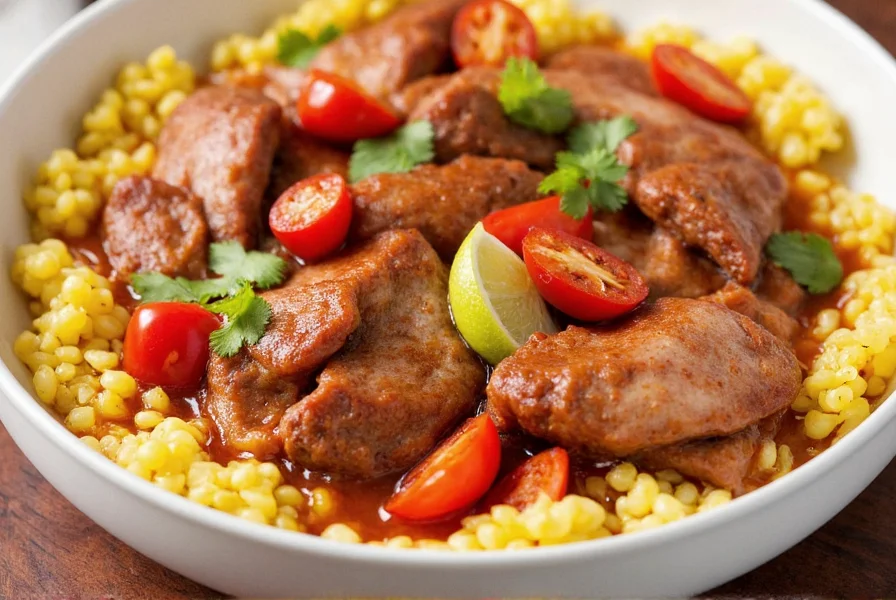
Calabrian vs. Other Peppers: A Quick Comparison
| Pepper | Heat Range (SHU) | Flavor Notes |
|---|---|---|
| Calabrian Chili | 25,000–40,000 | Fruity, smoky, earthy |
| Jalapeño | 2,500–8,000 | Grassy, mild |
| Habanero | 100,000–350,000 | Fruity, floral, intense |
| Poblano | 1,000–1,500 | Mild, chocolatey |
| Chipotle | 2,500–8,000 | Smoky, tangy |
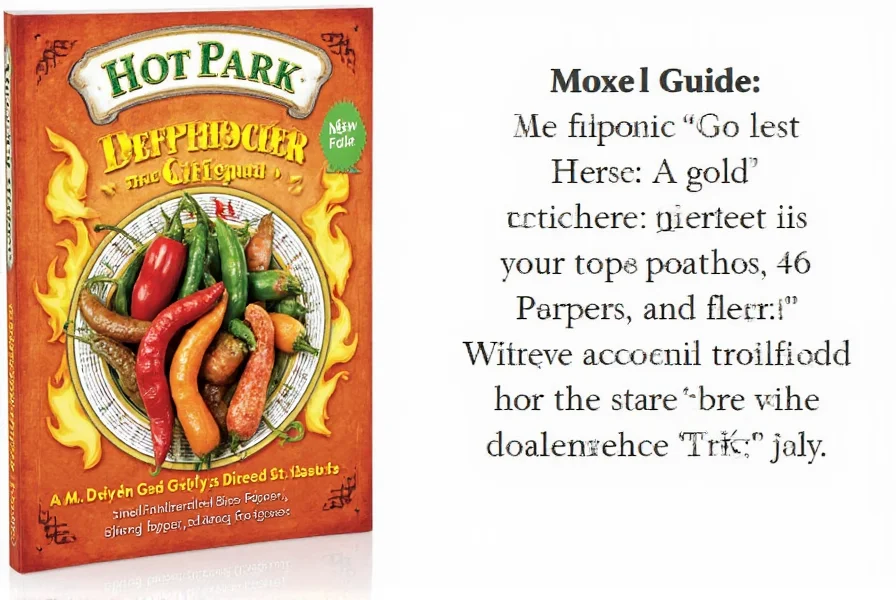
Storage and Preservation Tips
Proper storage maintains flavor and potency:
- Fresh peppers: Store in an airtight container in the refrigerator for up to 10 days.
- Dried peppers: Keep in a cool, dark place in an airtight jar for 6–12 months.
- Infused oils: Refrigerate and use within 2 weeks to prevent spoilage.
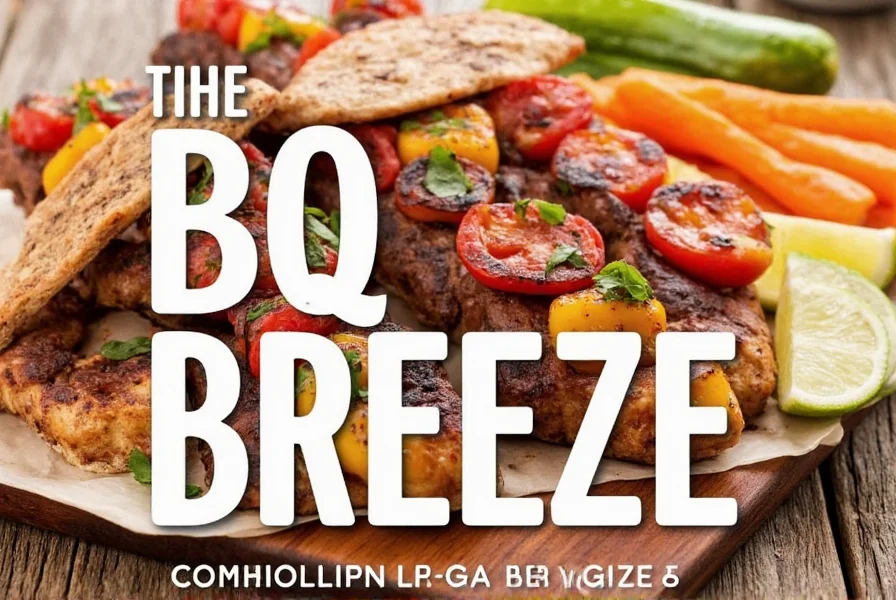
Buying Guide: Fresh, Dried, and Prepared Forms
1. Fresh Calabrian Chilies
Features: Bright red, 1–2 inches long, slightly wrinkled skin.
Advantages: Ideal for roasting, salsas, and fresh applications.
Use Cases: Perfect for pasta sauces, pizza toppings, and bruschetta.
Target Audience: Home cooks seeking authentic Italian flavors.
Suitable Occasions: Weekend cooking projects and holiday meals.
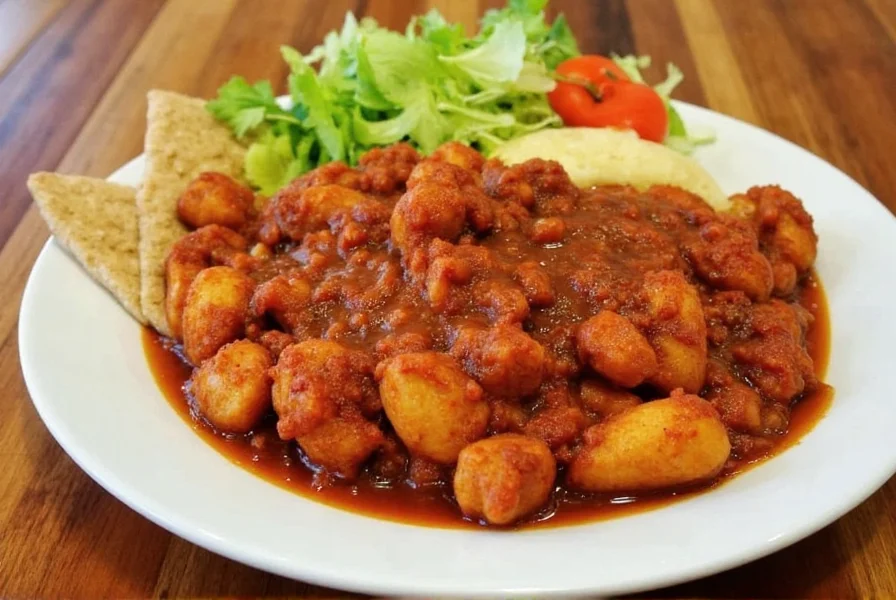
2. Dried Calabrian Chilies
Features: Deep red, shriveled appearance, sold whole or ground.
Advantages: Long shelf life and easy to incorporate into spice blends.
Use Cases: Seasoning rubs, chili powders, and infused oils.
Target Audience: Seasoned cooks and spice enthusiasts.
Suitable Occasions: Year-round use for consistent flavor.
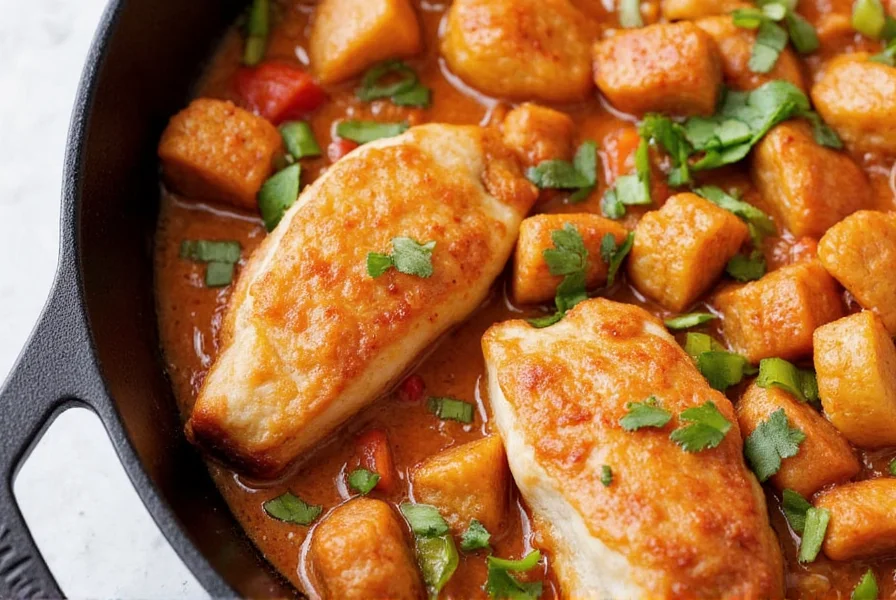
3. Pre-Made Calabrian Products
Features: Ready-to-use pastes, oils, or flakes.
Advantages: Convenience without sacrificing authentic flavor.
Use Cases: Quick marinades, salad dressings, and pasta sauces.
Target Audience: Busy professionals and novice cooks.
Suitable Occasions: Weeknight dinners and last-minute meal prep.
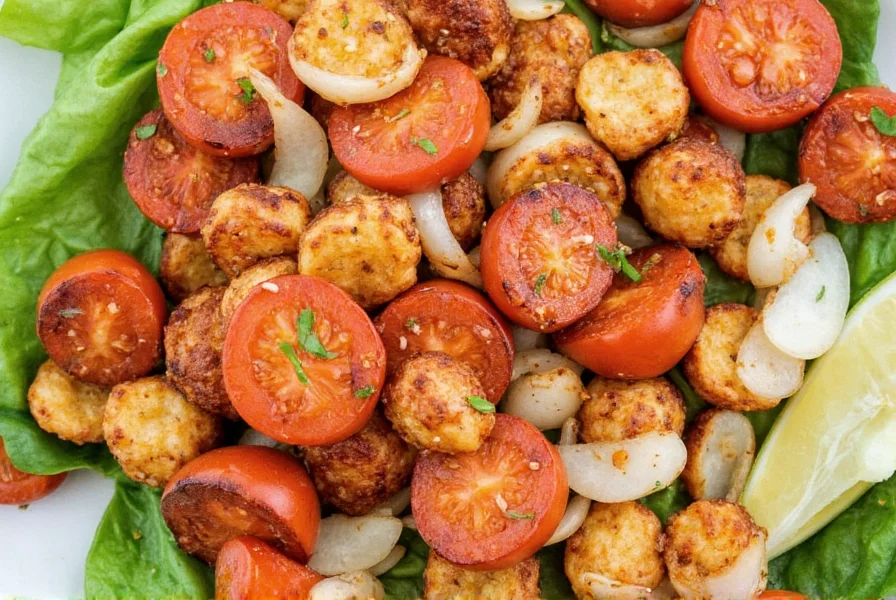
Why Calabrian Chilies Belong in Your Kitchen
These Italian peppers offer a unique balance of heat and flavor that's hard to replicate with other chilies. Their versatility makes them ideal for everything from traditional pasta dishes to modern fusion cuisine. Whether you're a seasoned chef or just starting your culinary journey, Calabrian chilies provide an accessible way to add authentic Italian flair to your cooking.
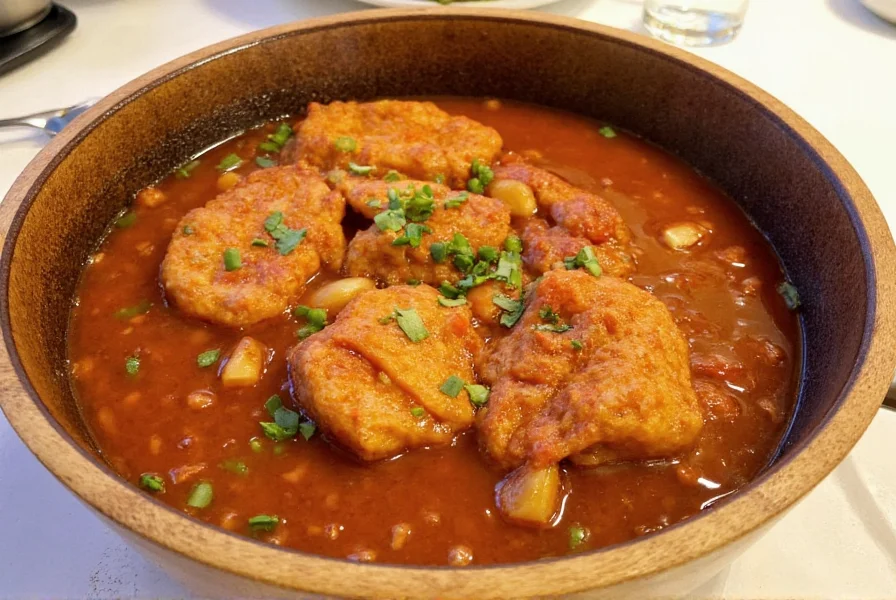
Frequently Asked Questions
What is the correct name for Calabrian chili peppers?
They're officially called Peperoncino di Calabria in Italian, though "Calabrian chili" is the standard English term. They're sometimes regionally referred to as "Peperoncino di Serre" when sourced from the Serre area of Calabria.
How hot are Calabrian chilies compared to other peppers?
With 25,000–40,000 SHU, Calabrian chilies are significantly hotter than jalapeños (2,500–8,000 SHU) but milder than habaneros (100,000–350,000 SHU). They deliver noticeable heat with a balanced flavor profile.
What makes Calabrian chilies unique?
Beyond their heat, they feature a distinctive fruity sweetness with earthy, smoky undertones—unlike the purely fiery character of many other hot peppers. This complexity makes them ideal for both savory dishes and sauces where depth of flavor matters.
Can I substitute Calabrian chilies if unavailable?
For similar heat and flavor, combine cayenne pepper (for heat) with smoked paprika (for smokiness). For fresh applications, serrano peppers with a pinch of chipotle powder can approximate the profile.
How long do dried Calabrian chilies last?
When stored properly in an airtight container away from light and heat, dried Calabrian chilies maintain peak flavor for 6–12 months. For maximum potency, grind whole peppers just before use rather than relying on pre-ground powder.

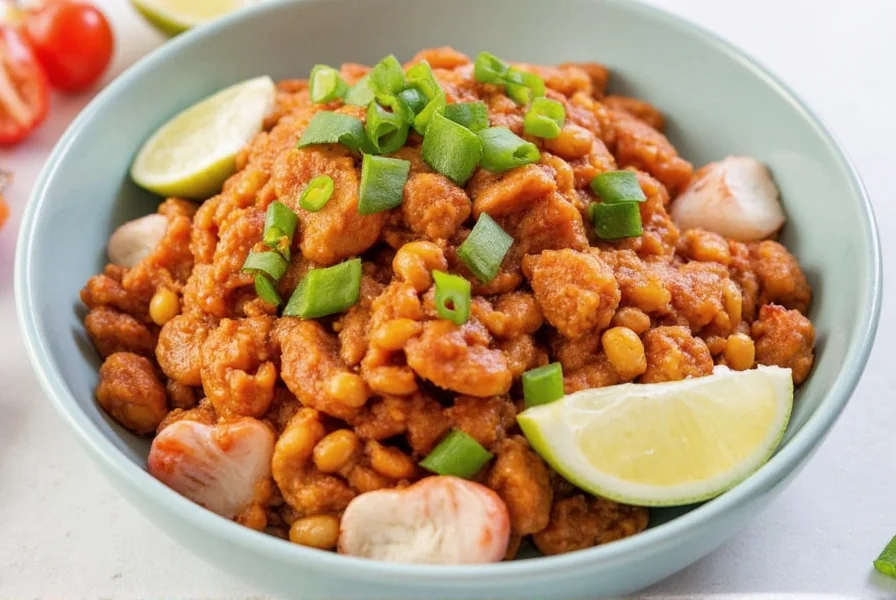









 浙公网安备
33010002000092号
浙公网安备
33010002000092号 浙B2-20120091-4
浙B2-20120091-4